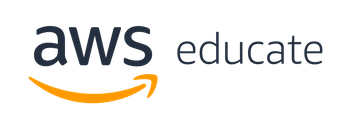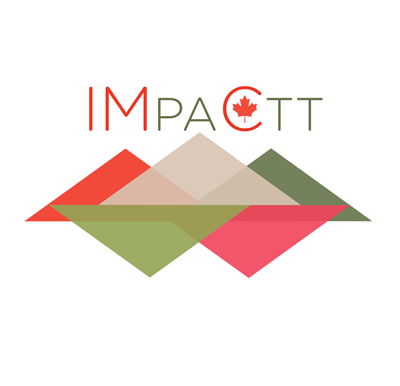Metagenomics, the sequencing of DNA directly from a sample without first culturing and isolating the organisms, has become the principal tool of “meta-omic” analysis. It can be used to explore the diversity, function, and ecology of microbial communities. The CBW has developed a 3-day course providing an introduction to metagenomic data analysis followed by hands-on practical tutorials demonstrating the use of metagenome analysis tools. The tutorials are designed as self-contained units that include example data and detailed instructions for installation of all required bioinformatics tools.
Participants will gain practical experience and skills to be able to:
- Design appropriate microbiome-focused experiments
- Understand the advantages and limitations of metagenomic data analysis
- Devise an appropriate bioinformatics workflow for processing and analyzing metagenomic sequence data (marker-gene, shotgun metagenomic, and metatranscriptomic data)
- Apply appropriate statistics to undertake rigorous data analysis
- Visualize datasets to gain intuitive insights into the composition and/or activity of their data set
Graduates, postgraduates, staff bioinformaticians and PIs working with or about to embark on analysis of marker genes, metagenomic, and metatranscriptomic data from microbiome-focused experiments.
Module 1: Introduction to Metagenomics
- A brief history of microbiome studies
- Review of relevant terms (microbial communities, microbiome, species, metagenome, marker genes, metatranscriptomics)
- Technologies used in meta’omics
Module 2: Taxonomic Analysis + Stats Module
- What is 16S? Why is it useful? What are its limitations? Methods
- 16S data processing
- Clustering and Classification – OTUs vs. ASVs ; Taxonomy
- Diversity (and co-occurrence?)
- Statistics and machine learning related to microbiome studies
Lab Practical
Module 3: Bridging Taxonomy and Function
- Brief intro on gene annotations and different granularity
- Inferring function from taxa
- Different methods for functional prediction
- Focus on PICRUSt2
- Limitations of all prediction methods
Lab Practical
Module 4: Metagenomics Functional
- Non-assembly (this section) versus assembly based approache
- Filtering out host reads (especially in low microbial load samples)
- Metagenomics taxa using Kraken & Braken
- Metagenomics function using HUMAnN or DIY (mmseqs)
- Correction for read length, genome size, etc. (microbecensus)
- Stratified functional tables (e.g. linking functions from the taxa they originate from)
- Driver versus passenger functional selections
- Special functions (e.g. AMR genes)
Lab Practical
Module 5: Metagenome Assembly, Binning, and Extracting Genomes from Metagenomes
- Overview of binning theory/approaches, advantages/disadvantages
- Insights from prior studies
- Overview of suggested workflow
Lab Practical
Module 6: Metatranscriptomics
- What is metatranscriptomics (Metatranscriptomics v RNASeq)
- Why metatranscriptomics
- Sample collection and library generation
- Processing pipelines, filtering, functional and taxonomic annotation
- Read normalization and differential gene expression
- Pathway enrichment
- Visualization
Lab Practical
Module 7: Sampling and Sample Processing considerations
- Experimental design and sample preparation considerations
Module 8: Biomarkers Keynote Lecture
- Benefits and applications of biomarkers
- Types of markers – taxonomic, functional
- Examples of existing biomarkers
- Methods for identifying new markers
- Normalization, copy number variation, and other considerations
- Finding differential features: categorical, correlative
- Ranking features
- Network-based analysis
- Towards a genetic test: Designing PCR/qPCR primers/tests
- Example of biomarker ID success
- General considerations, cautionary notes
Duration: 3 days
Start: Sep 01, 2021
End: Sep 03, 2021
Status: Registration Closed
Workshop Ended

Canadian Bioinformatics Workshops promotes open access. Past workshop content is available under a Creative Commons License.
Posted on:





